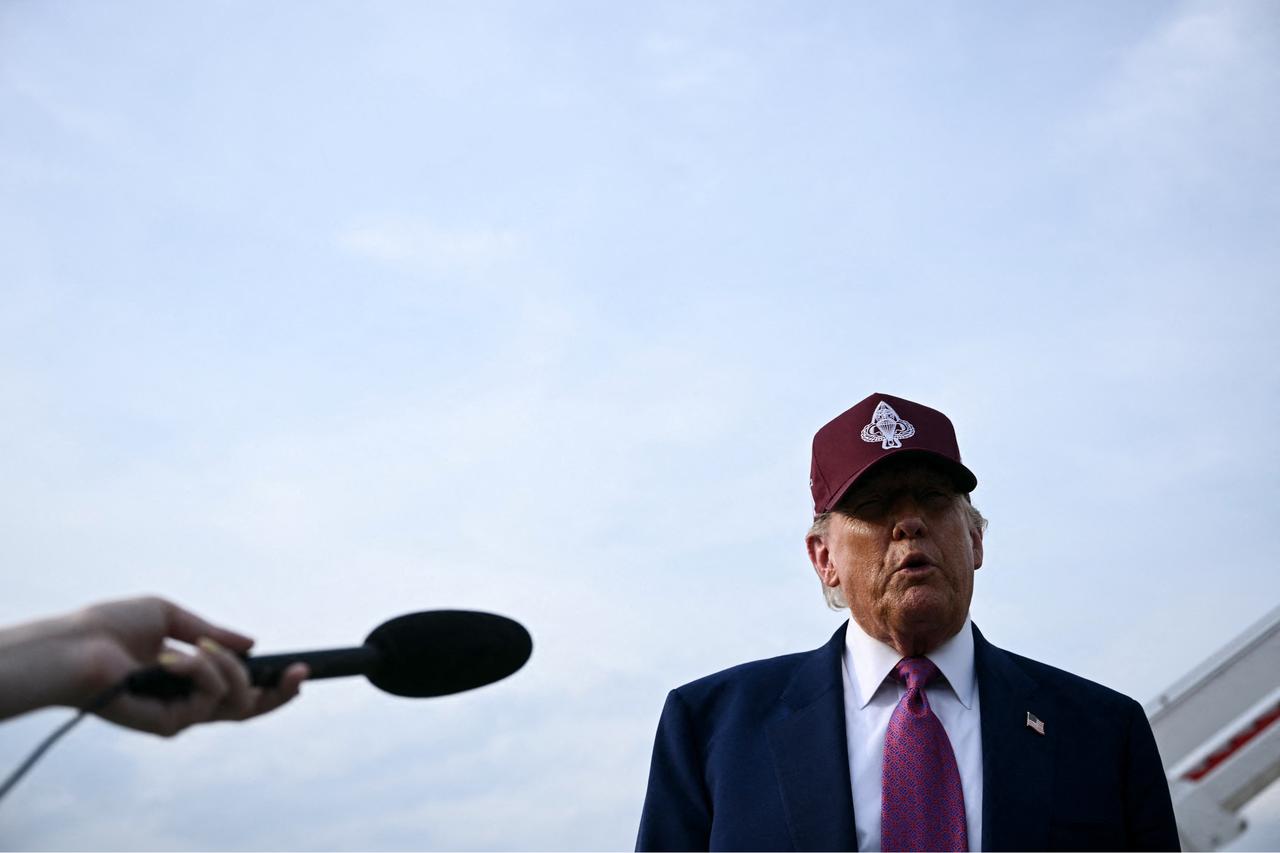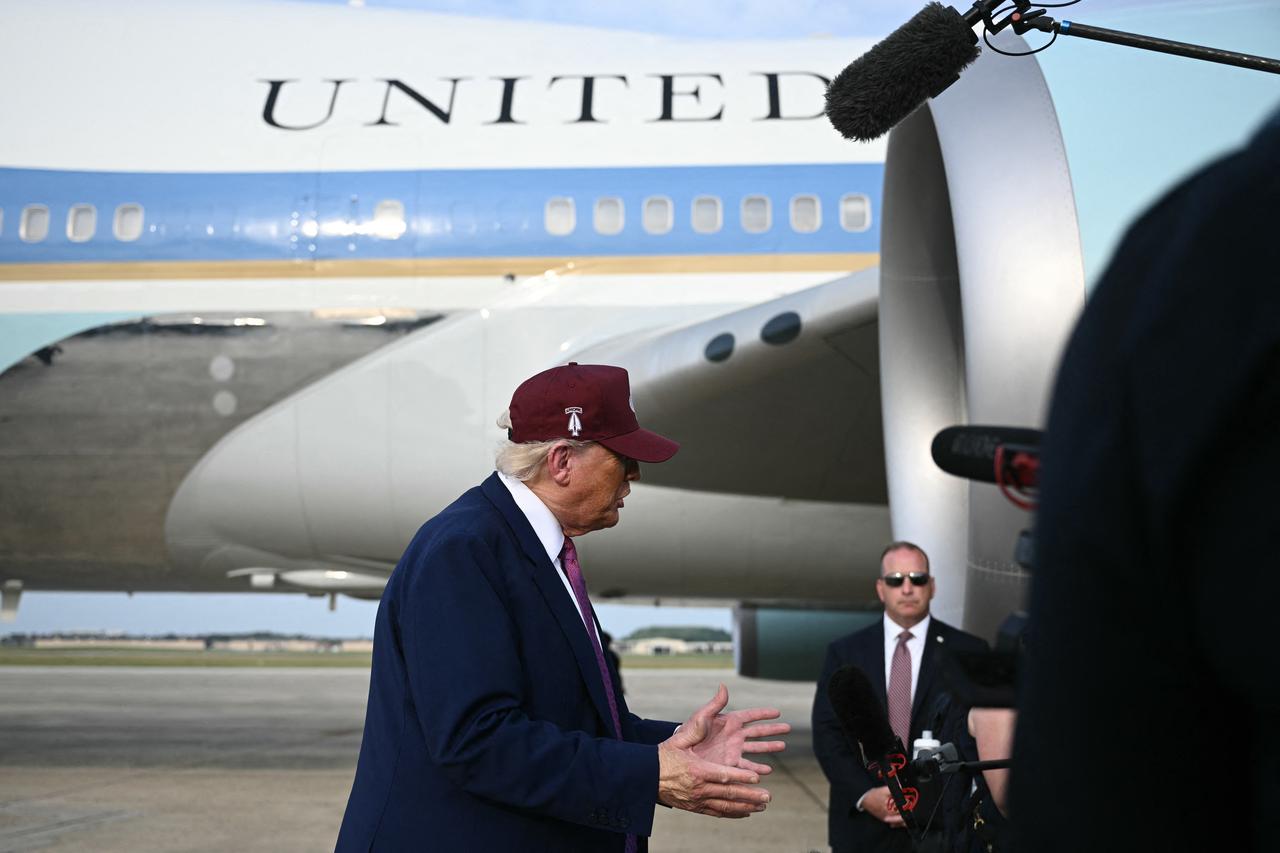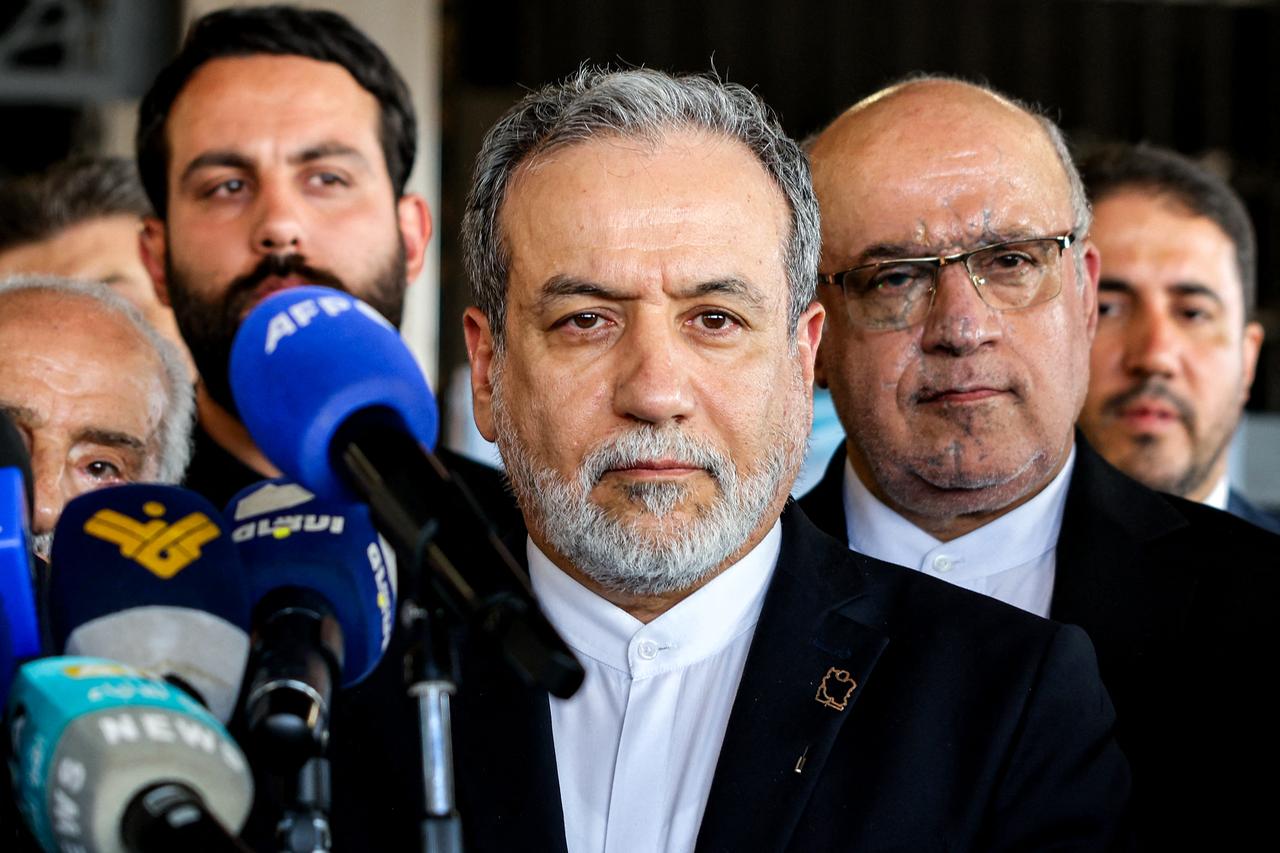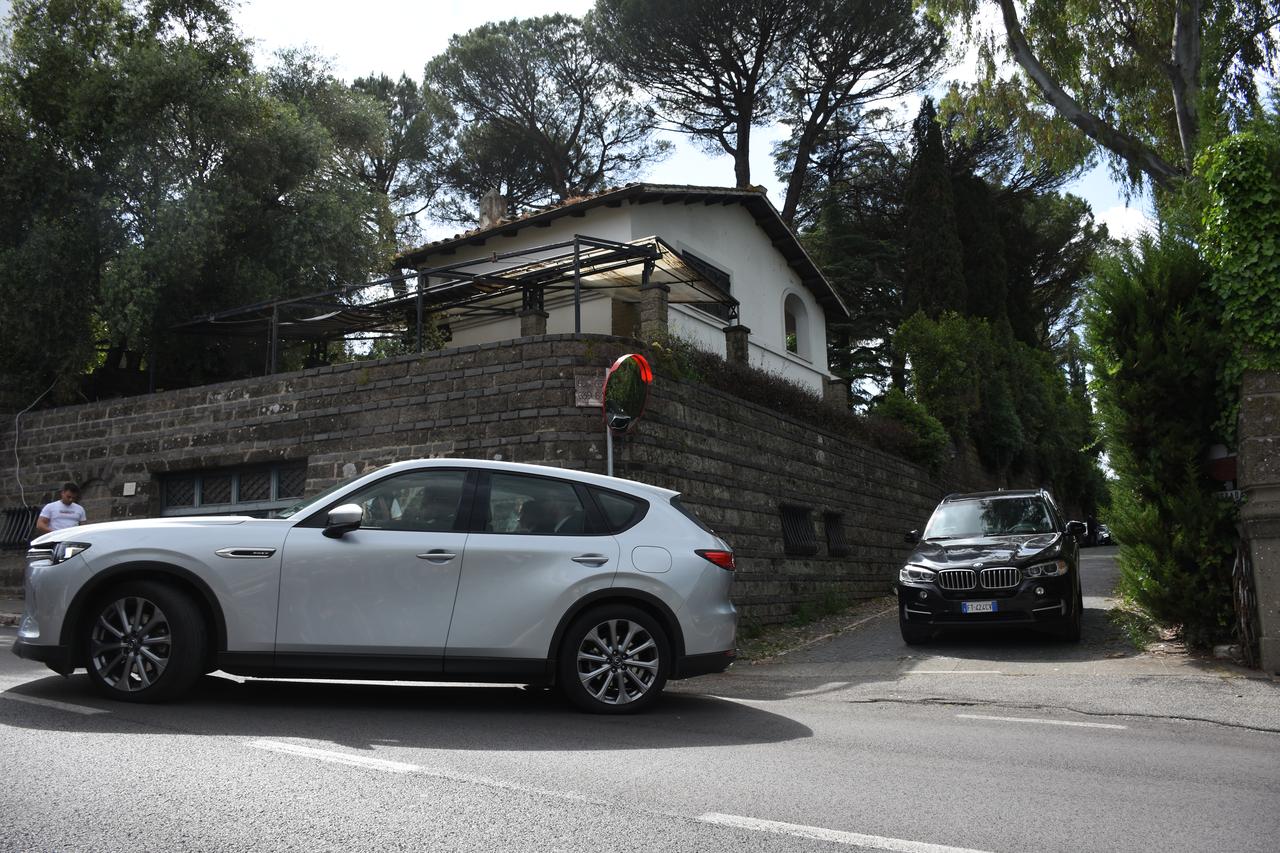
U.S. President Donald Trump stated he is "less confident" than a few months ago about reaching a nuclear agreement with Iran, suggesting Tehran appears to be "delaying" the process ahead of resumed talks scheduled for June 15 in Oman.
In an interview with the New York Post, Trump expressed skepticism about Iran's commitment to negotiations, saying, "Something happened to them. I don't know," while noting the Iranian side no longer shows the same enthusiasm for reaching an agreement.
"I'm less confident than I was a few months ago," Trump said regarding Iran's willingness to abandon uranium enrichment, adding that while Iran would not be allowed to acquire nuclear weapons, "it would be nicer to do it without war, without people dying."

Iranian Defense Minister Aziz Naserzadeh responded to Trump's threats of military action if nuclear talks fail, warning that American losses would exceed Iran's in any potential conflict.
"I hope the negotiations will be successful, but if they fail and conflict is imposed on us, the other side's losses will definitely be more than ours," Naserzadeh said following a cabinet meeting in Tehran.
The defense minister emphasized that all U.S. bases in the region are within Iran's strike range, stating: "If this happens, the U.S. must leave the region because we will target all American bases in the region without hesitation."
Despite the escalating rhetoric, Iranian Foreign Minister Abbas Araghchi suggested on the social media platform X that an agreement remains achievable and could be reached quickly.
"President Trump began his term by saying Iran should not have nuclear weapons. This actually aligns with our own doctrine and could be the main basis for an agreement," Araghchi wrote.
He indicated that a mutually beneficial outcome depends on "Iran's enrichment program continuing under full supervision of the International Atomic Energy Agency and the effective termination of sanctions."
Trump's earlier threat to bomb Iran "like never before seen" if negotiations fail has significantly raised the stakes in the diplomatic process. The president dismissed suggestions that China might be influencing Iran's negotiating stance, stating simply, "Maybe they don't want to make a deal."

The nuclear talks between Iran and the United States, which have seen five rounds of discussions in Muscat and Rome, were temporarily halted due to U.S. insistence on Iran completely stopping uranium enrichment activities.
Iran seeks the lifting of sanctions in exchange for limiting its nuclear program in a way that prevents atomic bomb production. The U.S. had proposed an agreement including the complete cessation of uranium enrichment activities, which Iran rejected as crossing its "red lines."
Negotiations are scheduled to resume on June 15 in Oman, though both sides appear to maintain conflicting positions on key issues.

In the same interview, Trump addressed his recent dispute with businessman and former senior advisor Elon Musk over tax cut proposals, indicating potential reconciliation.
"I was disappointed. But it happened. These things happen. I don't blame him for anything," Trump said, responding, "I think I can," when asked whether he would reconcile with Musk.